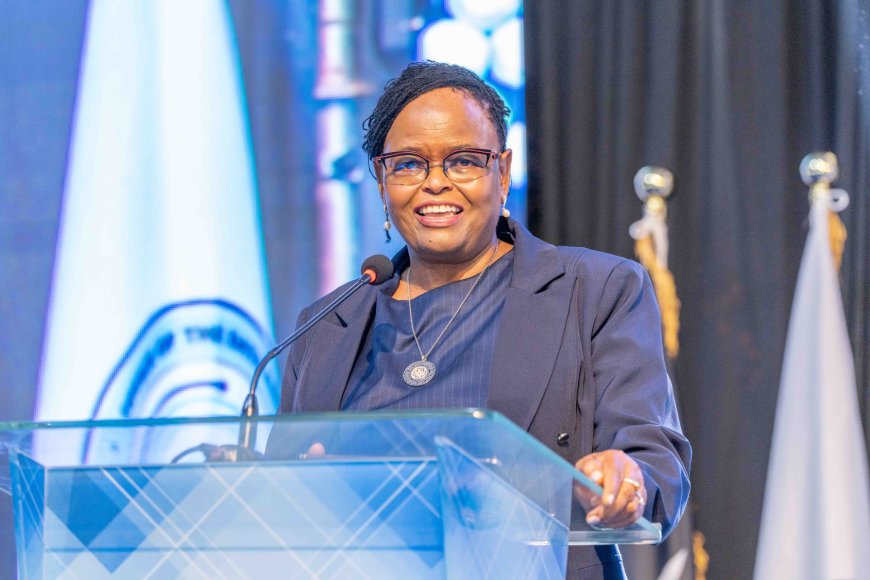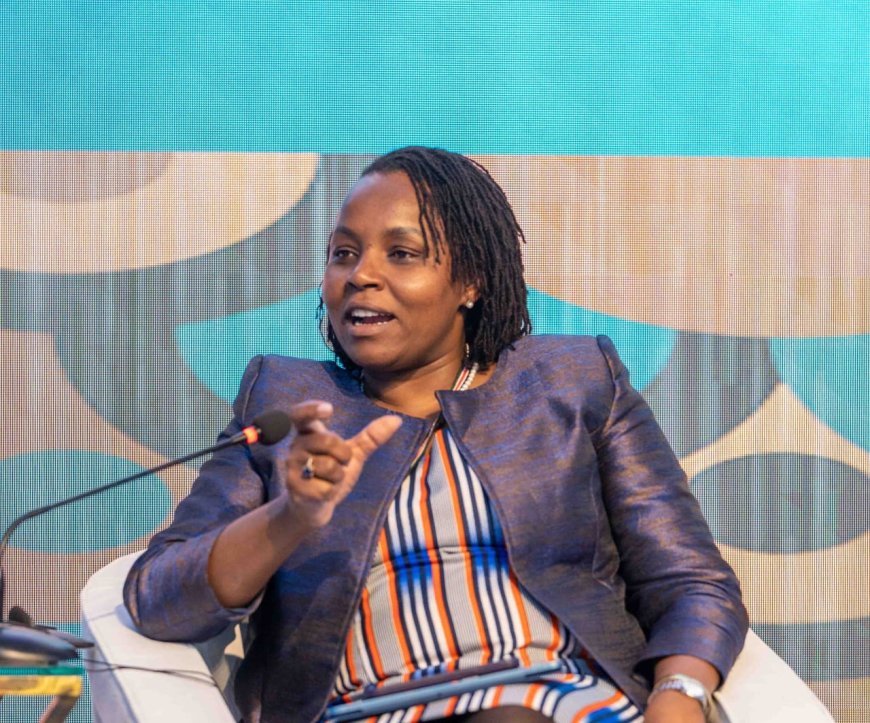DATA PROTECTION AND GOVERNANCE: THE FUTURE OF DATA IN AFRICA

By Thuku Kariuki and Daniel Furnad
Kenya is once again showing Africa its capacity for leadership. It should be no surprise to anyone who is tech-savvy that the nation is on the forefront of digital technology issues.
In hosting the annual summit of the Network of African Data Protection Authorities (NAPDA), Kenya is not just providing an important forum for discussing vital information issues, it is also tapping into its expertise in these areas for the benefit of the entire continent.
Speaking at the opening of the conference, Kenya’s data commissioner Immaculate Kassait said “There's a need to harmonize data protection laws across Africa. Our call during this conference is having better data interoperability in Africa to unlock many opportunities and the potential of the digital economy."
Data protection is represented by two main pillars: making sure that private information cannot be obtained and misused by bad actors; and ensuring that channels for the free flow of facts can provide the most credible and relevant information required.
The second has important financial implications, as noted by Kenya's Principal Secretary for the Ministry of Information, John Tanui: "The digital economy is growing 2 and a half times more than the normal economy, and it's our time now to take advantage of this growth to better ourselves."
The Kenyan government passed national legislation regarding data protection in 2017. Since then, it has sorted through various legal issues affecting digital information acquisition, transfers and storage. It is not without some trial and error that correct decisions are made, and the importance of getting this right are realized.

Delegates at the Data Conference in Nairobi Kenya
In recognizing this Kenya asked the Chief Justice of its Supreme Court to take a leading role in the NAPDA event. Martha Koome noted the dynamic environment involving information and communication technologies at this point in time. She urged participants to work together to create a data ecosystem that above all serves the public interest, noting how it can affect citizens in a very real way:
"We are in an era where we're pursuing data-informed and evidence-based decision making. The collection and usage of data presents incredible opportunities to improve governance, track service delivery and seek accountability," she stated.
This was not just a talking shop praising Africa for its growing digital relevance. Participants showed they recognize the challenges in keeping, not just business leaders and ordinary citizens current on evolving technology, but also public officials.
"We have many political decision-makers that are not fully connected to technology or in touch with the realities around the space of technology and its implications for our future. Yet, many of them have agreed to adapt to this application law," intoned Patricia Adusei-Poku, Ghana's Data Protection Commissioner.
Sharing of information has proven effective in a variety of different sectors. From financial figures to scientific facts, social statistics to demographic knowledge, industries and regulatory agencies across the continent have benefitted from other institutions' research and record-keeping.
A fine example of this has been shown in the work of Kenya's Plant Health Inspectorate. It is the reference laboratory for COMESA, the 21 member Common Market for Eastern and Southern Africa. On several occasions it has shared scientific data on plant diseases that have saved significant ecosystems in sister nations.
Besides providing warnings for timely interventions, such information sharing also saves costs. Kenya's Forest Research Institute found that its counterpart in Ethiopia was sending pest and disease samples to Europe for testing, and was able to supply accurate data in a fraction of the amount of time and cost to their neighbours.
NAPDA wants to help its members recognize the strengths and resources of other African nations to take advantage of information that is already available.

Immaculate Kassait, Data Commissioner, Kenya.
"We should optimise data infrastructure to avoid duplication of resources. If one country has a data center, how do we utilize it as Africa? We must also continue with digitization, but enhance our legal and regulatory framework on which our data storage is anchored to enhance privacy,"
Kenya's Cabinet Secretary at the Ministry of Information, Eliud Owalo, told the conference.
The 2 days of symposiums tackled a variety of issues, including building safe digital space for children; leveraging of privacy-enhanced technologies; data protection in the public cloud; and the future of digital sovereignty in Africa.
The gathering tapped not only data protection authorities and top tech experts on our continent, but also participants from across the world, promising a wider circle of cooperation and information exchange.
Germany's Ambassador to Kenya, Sebastian Groth, expressed his continent's enthusiasm for working closely with African authorities: "New data protection laws and collaboration between authorities are crucial for a safe digital future. Excited for the first adequacy dialogue between Kenya and the EU, building a foundation to facilitate free and safe cross-border data flows.”







